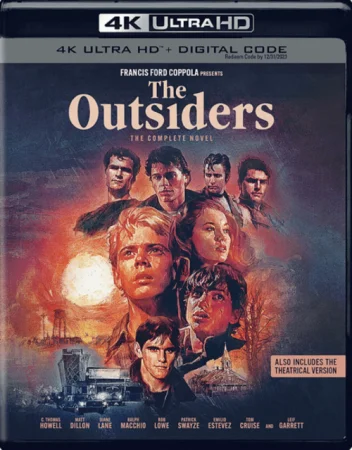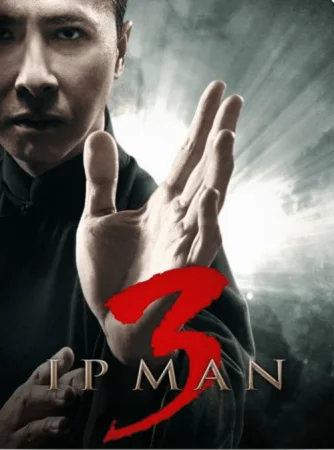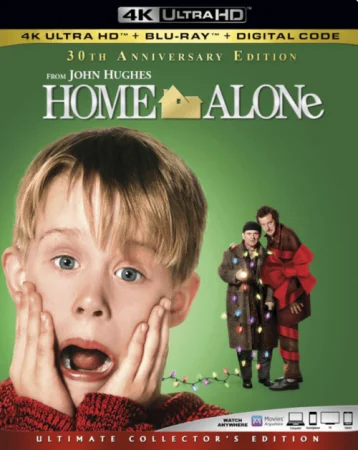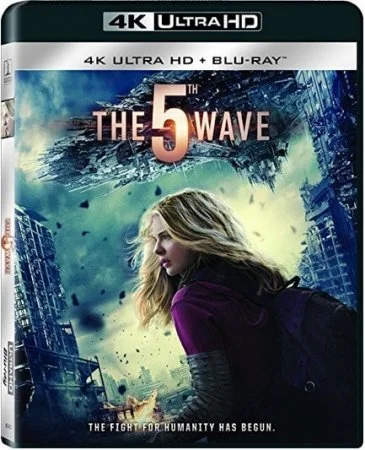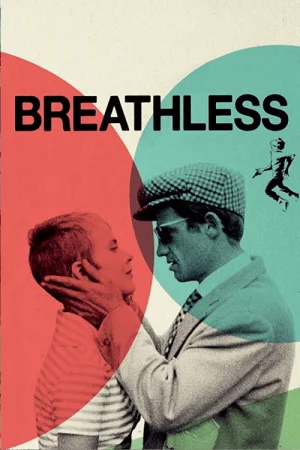Featured Movies
The 400 Blows 4K 1959 FRENCH Ultra HD 2160p
8-07-2025, 08:02 added English Audio, release Criterion Collection 4K
Сountry: France
Genre: Drama
Cast: Jean-Pierre Léaud, Albert Rémy, Claire Maurier, Guy Decomble, Georges Flamant, Patrick Auffay, Daniel Couturier, François Nocher, Richard Kanayan, Renaud Fontanarosa, Michel Girard, Serge Moati, Bernard Abbou, Jean-François Bergouignan, Michel Lesignor, Luc Andrieux, Robert Beauvais, Bouchon
Storyline
Seemingly in constant trouble at school, 14-year-old Antoine Doinel returns at the end of every day to a drab, unhappy home life. His parents have little money and he sleeps on a couch that's been pushed into the kitchen. His parents bicker constantly and he knows his mother is having an affair. He decides to skip school and begins a downward spiral of lies and theft. His parents are at their wits' end, and after he's stopped by the police, they decide the best thing would be to let Antoine face the consequences. He's sent to a juvenile detention facility where he doesn't do much better. He does manage to escape however.
User Review
Les quatre-cents coups is the film that opens up the New Wave movement. I think many of the characteristics of the New Wave -as pointed out in class- can be inferred form the differences between the last film we saw in class, Carné's Les enfants du paradis, and this work by Truffaut: real life situations, no sets, everyday people. I have found in Les quatre-cents coups a brand new, refreshing and overwhelming cinema. But Les quatre-cents coups is also a dense, complicated film. Its autobiographical character makes it an encyclopedia of personal feelings, opinions and nuances of an introspection by Truffaut.
Technically, the main differences between Truffaut and the previous cinema is the use of camera movements and angles. Although Renoir had made a witty and fresh use of traveling and long takes, Truffaut masters this technique as anyone else does. The camera moves smoothly, it nearly swings or floats from angle to angle following an action, as if the spectator was a ghost amid real life. Truffaut enjoys playing around with the camera: extremely long takes as we have never seen in any of the previous films: some of them in the classroom, other in Antoine's friend house, or a magnificent take at the end of the film in which we see Antoine, then a panoramic view and then Antoine again, running towards the sea. He also shoots from impossible angles, like those at the beginning from below the Tour Eiffel, or the nearly zenithal take following the jogging students in the streets. Or he teases us with the fake black out, when Antoine goes down the stairs to throw away garbage. Or shows us inner feelings through close-ups: the scene in which Antoine lies to his father telling him he did not take his map.
However, I think that the most important difference between previous films and this one is the treatment of action. Truffaut is an observer, a photographer of soul. He takes a fiendish delight in shooting casual, long scenes: the boy tearing away his notebook pages; the whole sequence of Antoine's arrival at his empty home is excellent: the three reflexes in his mother's mirror -in which she will look afterwards, or Antoine combing his hair, laying the table. Also the spinning ride, or the long traveling following the escape of Antoine. They are long, but not slow. They keep tension up, as if everyday acts and decisions could be heroic and transmit the greatest interest and attraction. It looks like a documentary on human life! Some comments could be made about Antoine Doinel, alter ego of Truffaut. He is a very complicated character. The most curious thing about him is that he behaves like an adult: he acts, walks and talks like a man -especially if we compare him to his teachers or his father! However, at some times I think Truffaut describes himself as being not too witty: remember the candle in the hole on the wall, or how his friend convinces him to steal the typewriter and then makes him give it back, or how he innocently copies a whole paragraph from Balzac. He wants to be an artist, but he is not -not yet. This lack of wit and fatality -he is caught but everyone around him cheats as he does- leads him to a rebellion that grows stronger and stronger. This explain why he is such a rebel and not his friend, or the other children in the class, who live in the same social group.
The main topic in Les quatre-cents coups is the quest for freedom, but not in the way Renoir looked at it, in fact is closer to L'Atalante by Vigo than to Renoir's La grande illusion, for example. Renoir is more concerned by social struggle and the liberty of the people. But Truffaut is more introspective, more intimate: indeed this film is the description of life attitude of an independent spirit through the autobiographical look of the author -this is cinéma d'auteur. We can find many elements from Truffaut's life in the film: a difficult family situation, problems at school, the Army, etc. These elements will appear throughout the film. Antoine, alter ego of Truffaut lives in the school, in his house, in the streets and finally in the juvenile detention center. In each one of these places he will find adverse situations he will have to overcome.
The school The school is the first oppressing environment for Antoine. At the very beginning he is caught, by chance, with a pin-up calendar. This fatality will be recalled in Antoine's life later or -when he is caught by the porter giving the typewriter back, having been his friend's idea to steal it. He is a rebel, and nothing will refrain him from being so. He is punished, and he misbehaves again, writing in the wall an inspired poem. The school is the only place in which Truffaut makes a little bit of criticism, in this case against the education system: the three teachers are either cruel (the French teacher) or stupid (the English and Physical Education teachers).
The house The house situation might be similar to that lived by Truffaut in real life. Her mother, a beautiful, egocentric and unscrupulous woman -sometimes sad, and old looking- who hates him. At the end of the film we discover that she did not want that child. This hatred and the attitude of his father -a smiley and cheerful but weak man- will add to the necessity of Antoine to flee. Truffaut gives us a Freudian wink: when his teacher asks him why he missed school, Antoine will sharply answer: 'My mom died!'
The streets In the streets Antoine will find freedom, challenge, adulthood but also perversion: he becomes a man in a 13-year old boy body, little by little. But he will also become a criminal; together with his friend they will climb up in the scale of crime. He first skips classes. He and his friend stroll around the city, innocently. Then they begin an adult, abnormally rebel behavior: they make cars stop in the middle of the street, for example. The spinning ride is one of the few symbolic images in the film -that is another difference with Vigo and Renoir filmmaking. The scene of Antoine trying without success to fight against centrifuge force in a mad spinning trip really shocked me: he fights against reality and he is suffering, but he also has fun in it. Afterwards, he leaves home. . He will learn about solitude and indeed not a single word is heard in a long sequence. I really enjoyed the long, silent scene of the milk robbery. Antoine runs outlaw like an animal, we can feel loneliness, cold, hunger, sleepiness. It is another of those long, slow but at the same time agile scenes about casual acts: drinking a bottle of milk. At the end, the streets will make him a criminal. From the moment he is caught on, he is not treated as a child anymore. He wants to be an adult, and a spell will sort of be cast on him: he will be treated as such. It is significant when he is caught by the porter. He is told not to take off the hat, which made him look like an adult. From then on, he is treated roughly as if he was a man, especially in the police station.
The prison And finally he arrives at the prison, which I think is the climax of oppression -we must remember the comparisons to the Army Truffaut detests. It is maybe the simplest of the scenarios, he find himself facing what he hates with no other possibility. The ending is a sublime anticlimax. After being punished for eating the bread, Antoine goes on 'normal' life within the detention center: he visits the psychologist -an ultimate introspection by Truffaut-, receives his mother and talk to his new friends and plays soccer. And suddenly, when we least expect it, he flees. He runs, runs, runs, the longest run I have ever seen, and the most exciting. He reaches the sea: his dream, and a symbol for eternity and absolute in poetry. He splashes into the water, he stops and looks back; the first time he looks right into the camera. This has got undoubtedly a deep and very personal meaning that maybe only the author knows. It is a pessimistic or an optimistic ending? I think it is above all an out-of-this-world ending. If the simple presence of the sea, Antoine's object of liberty, is overwhelming for the spectator, how should the character feel? I really liked the final traveling: we follow Antoine's run over the sand, but the camera is facing the inland, we are waiting to see the sea as much as Antoine is waiting to wet his feet. I do not really think that he is deceived, although his look into the camera is ambiguous. I think he stares at the spectator because he has realized what the truth is: the character is now out of the film. And the truth for him, I think, is this: I can reach freedom whenever I want, but absolute freedom is impossible to achieve. He is staring at us, but he is also looking back with a grave look: he might have seen his pursuer in the distance.
Seemingly in constant trouble at school, 14-year-old Antoine Doinel returns at the end of every day to a drab, unhappy home life. His parents have little money and he sleeps on a couch that's been pushed into the kitchen. His parents bicker constantly and he knows his mother is having an affair. He decides to skip school and begins a downward spiral of lies and theft. His parents are at their wits' end, and after he's stopped by the police, they decide the best thing would be to let Antoine face the consequences. He's sent to a juvenile detention facility where he doesn't do much better. He does manage to escape however.
User Review
Les quatre-cents coups is the film that opens up the New Wave movement. I think many of the characteristics of the New Wave -as pointed out in class- can be inferred form the differences between the last film we saw in class, Carné's Les enfants du paradis, and this work by Truffaut: real life situations, no sets, everyday people. I have found in Les quatre-cents coups a brand new, refreshing and overwhelming cinema. But Les quatre-cents coups is also a dense, complicated film. Its autobiographical character makes it an encyclopedia of personal feelings, opinions and nuances of an introspection by Truffaut.
Technically, the main differences between Truffaut and the previous cinema is the use of camera movements and angles. Although Renoir had made a witty and fresh use of traveling and long takes, Truffaut masters this technique as anyone else does. The camera moves smoothly, it nearly swings or floats from angle to angle following an action, as if the spectator was a ghost amid real life. Truffaut enjoys playing around with the camera: extremely long takes as we have never seen in any of the previous films: some of them in the classroom, other in Antoine's friend house, or a magnificent take at the end of the film in which we see Antoine, then a panoramic view and then Antoine again, running towards the sea. He also shoots from impossible angles, like those at the beginning from below the Tour Eiffel, or the nearly zenithal take following the jogging students in the streets. Or he teases us with the fake black out, when Antoine goes down the stairs to throw away garbage. Or shows us inner feelings through close-ups: the scene in which Antoine lies to his father telling him he did not take his map.
However, I think that the most important difference between previous films and this one is the treatment of action. Truffaut is an observer, a photographer of soul. He takes a fiendish delight in shooting casual, long scenes: the boy tearing away his notebook pages; the whole sequence of Antoine's arrival at his empty home is excellent: the three reflexes in his mother's mirror -in which she will look afterwards, or Antoine combing his hair, laying the table. Also the spinning ride, or the long traveling following the escape of Antoine. They are long, but not slow. They keep tension up, as if everyday acts and decisions could be heroic and transmit the greatest interest and attraction. It looks like a documentary on human life! Some comments could be made about Antoine Doinel, alter ego of Truffaut. He is a very complicated character. The most curious thing about him is that he behaves like an adult: he acts, walks and talks like a man -especially if we compare him to his teachers or his father! However, at some times I think Truffaut describes himself as being not too witty: remember the candle in the hole on the wall, or how his friend convinces him to steal the typewriter and then makes him give it back, or how he innocently copies a whole paragraph from Balzac. He wants to be an artist, but he is not -not yet. This lack of wit and fatality -he is caught but everyone around him cheats as he does- leads him to a rebellion that grows stronger and stronger. This explain why he is such a rebel and not his friend, or the other children in the class, who live in the same social group.
The main topic in Les quatre-cents coups is the quest for freedom, but not in the way Renoir looked at it, in fact is closer to L'Atalante by Vigo than to Renoir's La grande illusion, for example. Renoir is more concerned by social struggle and the liberty of the people. But Truffaut is more introspective, more intimate: indeed this film is the description of life attitude of an independent spirit through the autobiographical look of the author -this is cinéma d'auteur. We can find many elements from Truffaut's life in the film: a difficult family situation, problems at school, the Army, etc. These elements will appear throughout the film. Antoine, alter ego of Truffaut lives in the school, in his house, in the streets and finally in the juvenile detention center. In each one of these places he will find adverse situations he will have to overcome.
The school The school is the first oppressing environment for Antoine. At the very beginning he is caught, by chance, with a pin-up calendar. This fatality will be recalled in Antoine's life later or -when he is caught by the porter giving the typewriter back, having been his friend's idea to steal it. He is a rebel, and nothing will refrain him from being so. He is punished, and he misbehaves again, writing in the wall an inspired poem. The school is the only place in which Truffaut makes a little bit of criticism, in this case against the education system: the three teachers are either cruel (the French teacher) or stupid (the English and Physical Education teachers).
The house The house situation might be similar to that lived by Truffaut in real life. Her mother, a beautiful, egocentric and unscrupulous woman -sometimes sad, and old looking- who hates him. At the end of the film we discover that she did not want that child. This hatred and the attitude of his father -a smiley and cheerful but weak man- will add to the necessity of Antoine to flee. Truffaut gives us a Freudian wink: when his teacher asks him why he missed school, Antoine will sharply answer: 'My mom died!'
The streets In the streets Antoine will find freedom, challenge, adulthood but also perversion: he becomes a man in a 13-year old boy body, little by little. But he will also become a criminal; together with his friend they will climb up in the scale of crime. He first skips classes. He and his friend stroll around the city, innocently. Then they begin an adult, abnormally rebel behavior: they make cars stop in the middle of the street, for example. The spinning ride is one of the few symbolic images in the film -that is another difference with Vigo and Renoir filmmaking. The scene of Antoine trying without success to fight against centrifuge force in a mad spinning trip really shocked me: he fights against reality and he is suffering, but he also has fun in it. Afterwards, he leaves home. . He will learn about solitude and indeed not a single word is heard in a long sequence. I really enjoyed the long, silent scene of the milk robbery. Antoine runs outlaw like an animal, we can feel loneliness, cold, hunger, sleepiness. It is another of those long, slow but at the same time agile scenes about casual acts: drinking a bottle of milk. At the end, the streets will make him a criminal. From the moment he is caught on, he is not treated as a child anymore. He wants to be an adult, and a spell will sort of be cast on him: he will be treated as such. It is significant when he is caught by the porter. He is told not to take off the hat, which made him look like an adult. From then on, he is treated roughly as if he was a man, especially in the police station.
The prison And finally he arrives at the prison, which I think is the climax of oppression -we must remember the comparisons to the Army Truffaut detests. It is maybe the simplest of the scenarios, he find himself facing what he hates with no other possibility. The ending is a sublime anticlimax. After being punished for eating the bread, Antoine goes on 'normal' life within the detention center: he visits the psychologist -an ultimate introspection by Truffaut-, receives his mother and talk to his new friends and plays soccer. And suddenly, when we least expect it, he flees. He runs, runs, runs, the longest run I have ever seen, and the most exciting. He reaches the sea: his dream, and a symbol for eternity and absolute in poetry. He splashes into the water, he stops and looks back; the first time he looks right into the camera. This has got undoubtedly a deep and very personal meaning that maybe only the author knows. It is a pessimistic or an optimistic ending? I think it is above all an out-of-this-world ending. If the simple presence of the sea, Antoine's object of liberty, is overwhelming for the spectator, how should the character feel? I really liked the final traveling: we follow Antoine's run over the sand, but the camera is facing the inland, we are waiting to see the sea as much as Antoine is waiting to wet his feet. I do not really think that he is deceived, although his look into the camera is ambiguous. I think he stares at the spectator because he has realized what the truth is: the character is now out of the film. And the truth for him, I think, is this: I can reach freedom whenever I want, but absolute freedom is impossible to achieve. He is staring at us, but he is also looking back with a grave look: he might have seen his pursuer in the distance.
Info Video
Codec: HEVC / H.265 (89.3 Mb/s)
Resolution: Native 4K (2160p)
HDR: Dolby Vision, HDR10
Aspect ratio: 2.35:1
Info Audio
#French: FLAC Mono 1.0
#English: Dolby Digital Mono 1.0 (Commentary with Brian Stonehill)
#French: Dolby Digital Mono 1.0 (Commentary with Robert Lachenay)
Info Subtitles
English, English (PGS), Bulgarian, Danish, Finnish, French, French (SDH), Norwegian, Swedish, English (Commentary with Robert Lachenay, PGS)File size: 63.14 GB

You have purchased premium on MoonDL or TakeFile. You will automatically be activated an additional 512 GB of traffic every 48 hours or up to 128 GB every 48 hours (Premium Moon).
Watch trailer of the movie The 400 Blows 4K 1959 FRENCH Ultra HD 2160p
Maybe You like:
Add comments
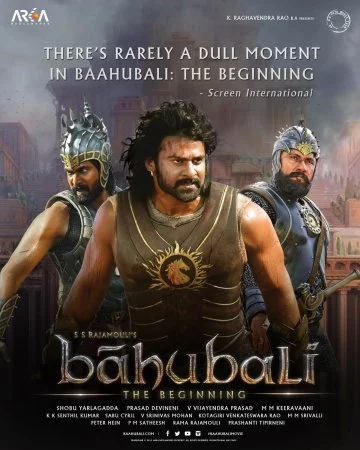
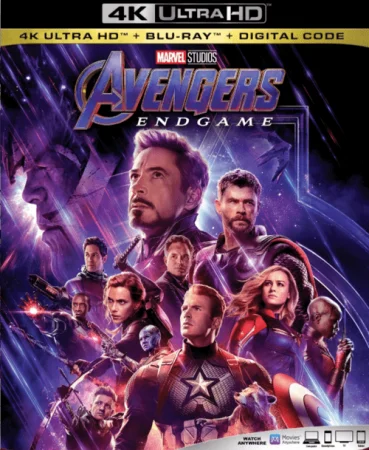
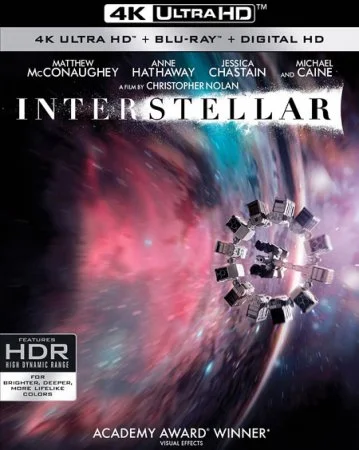
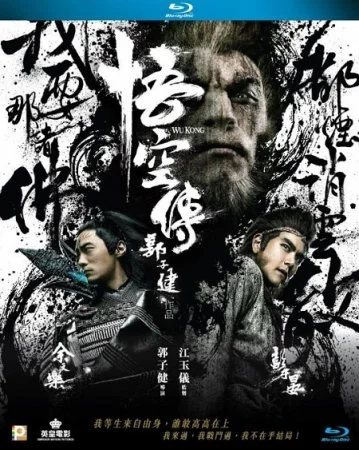
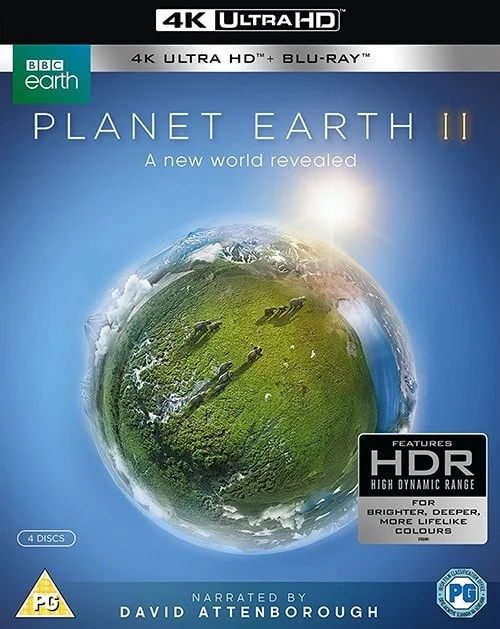
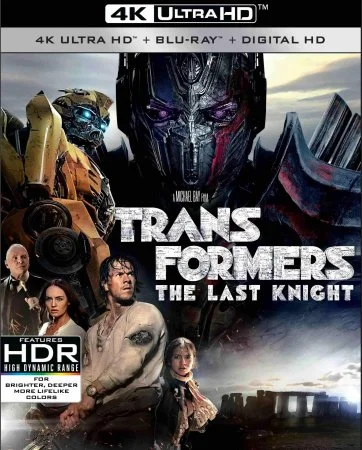
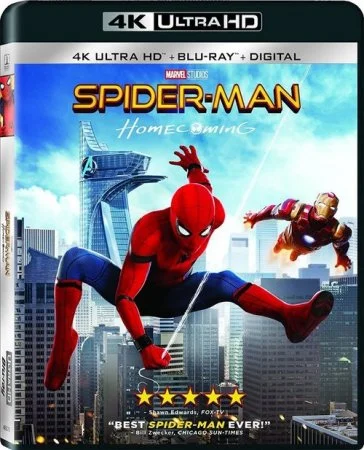
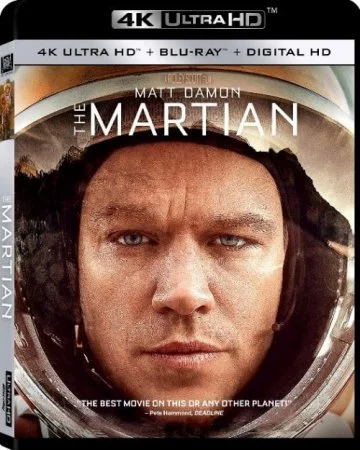
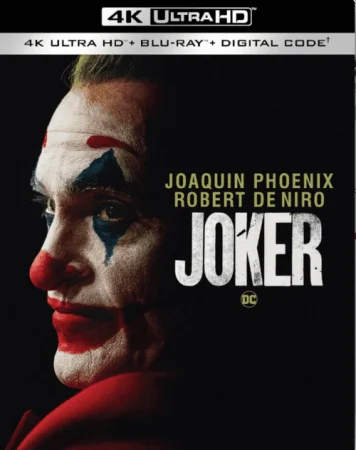
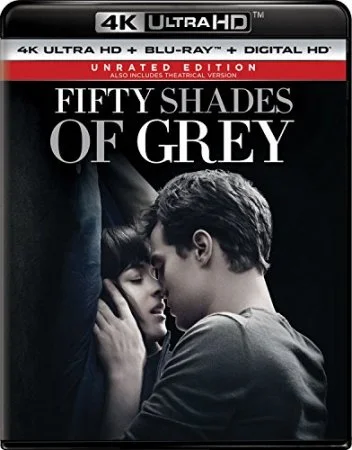
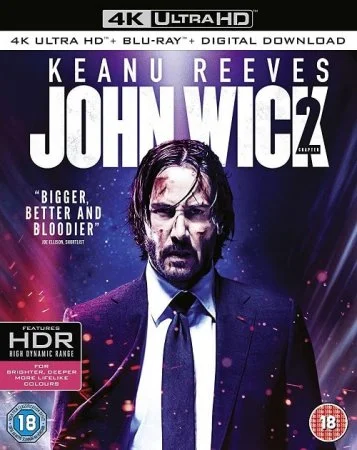
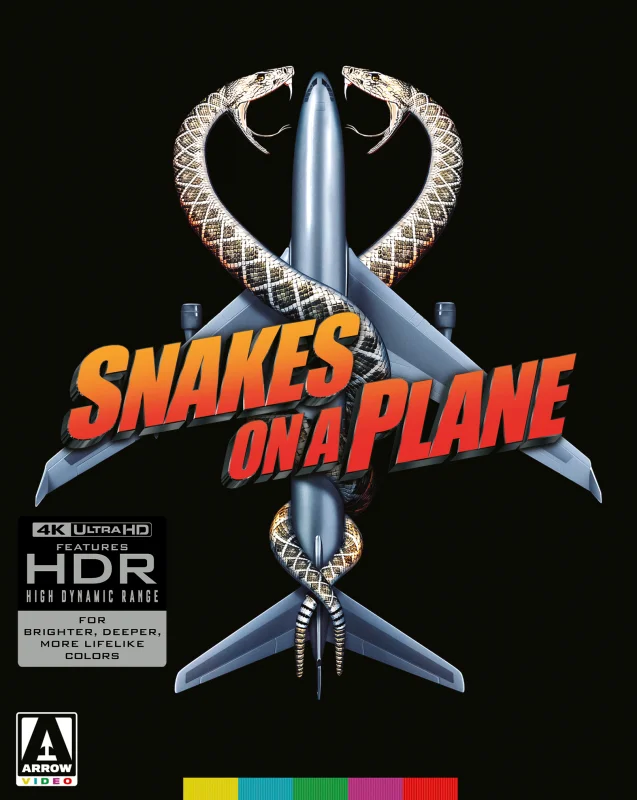
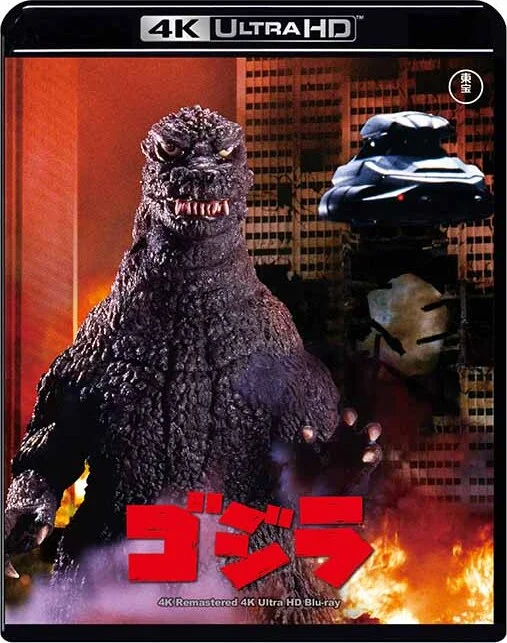
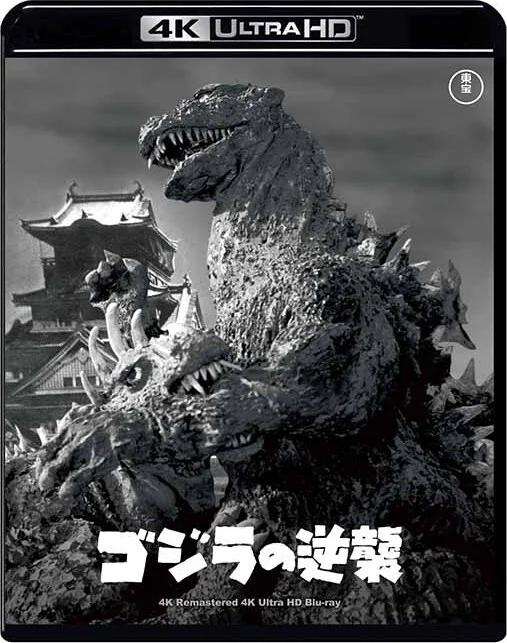
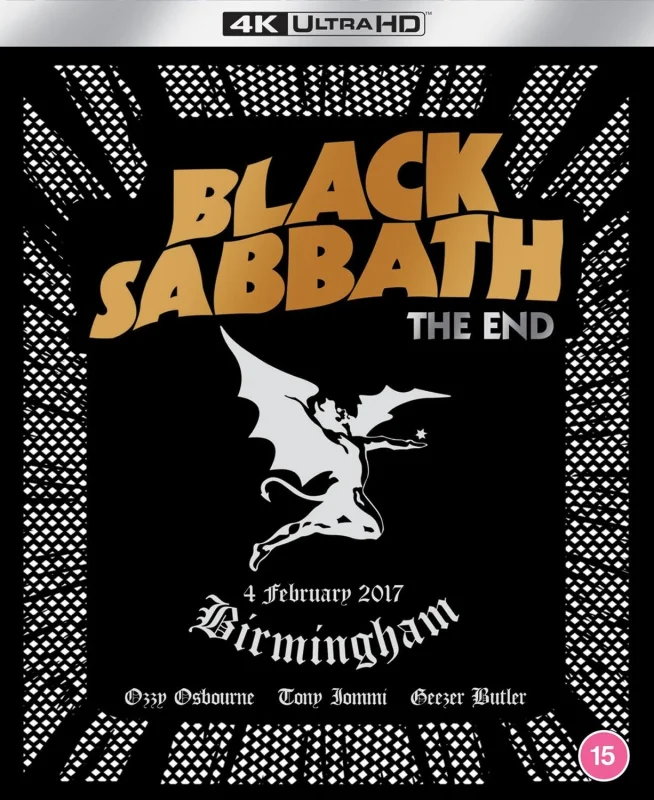
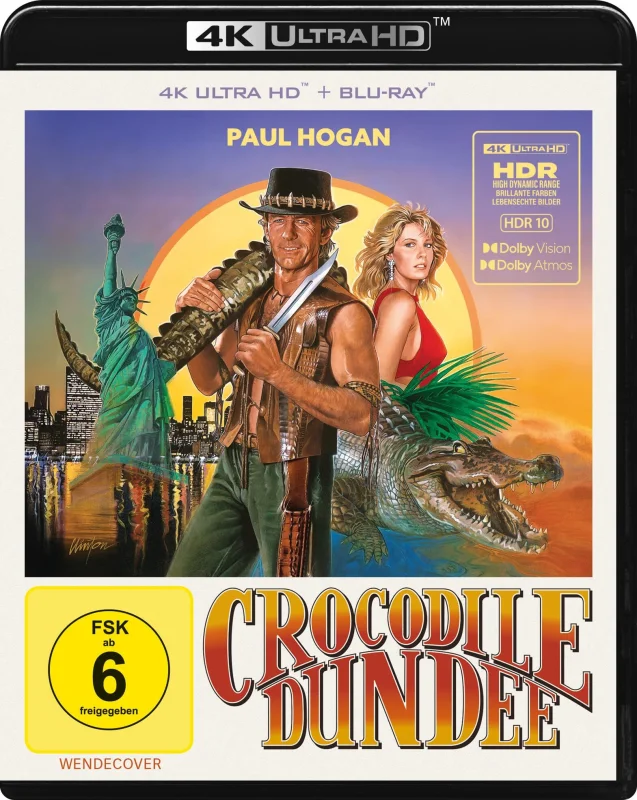

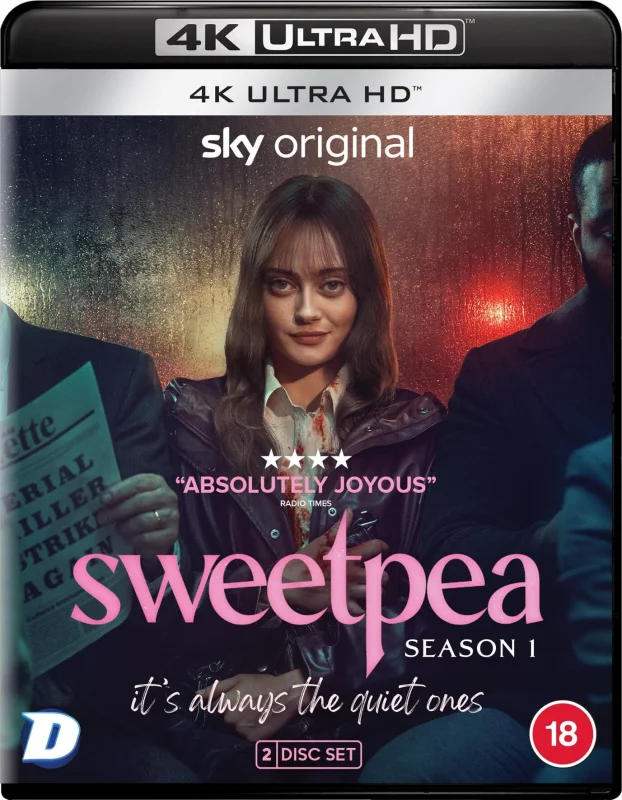
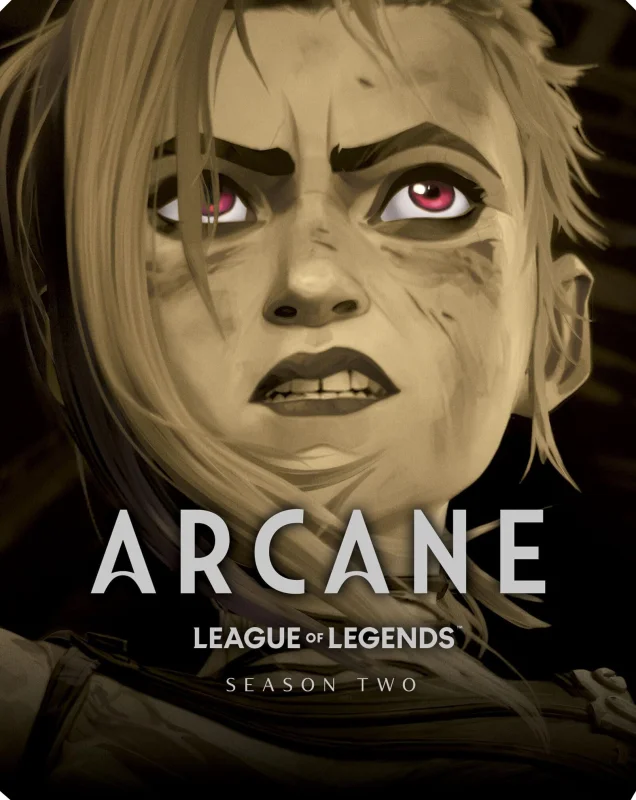
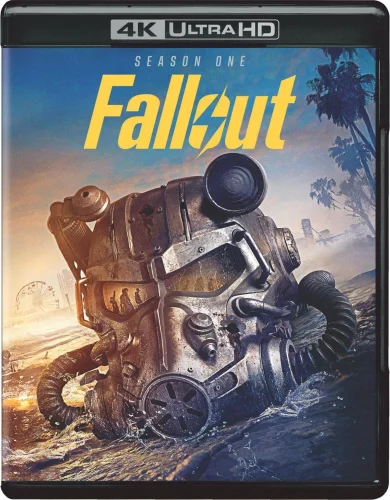
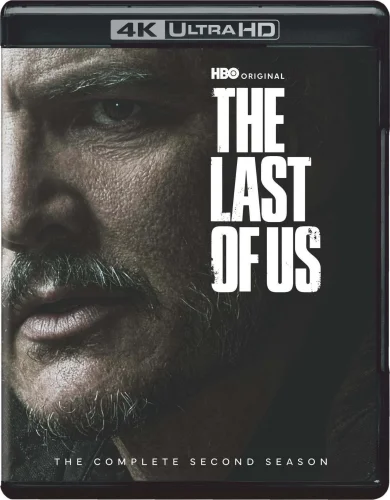
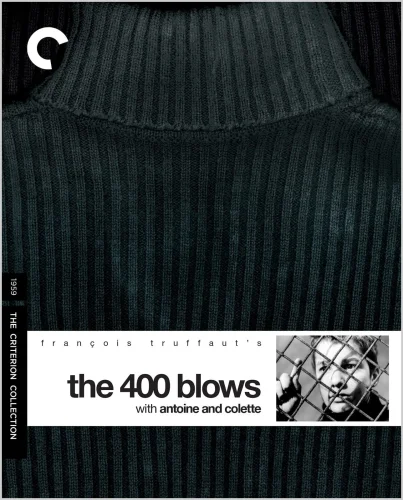
 Like
Like Don't Like
Don't Like